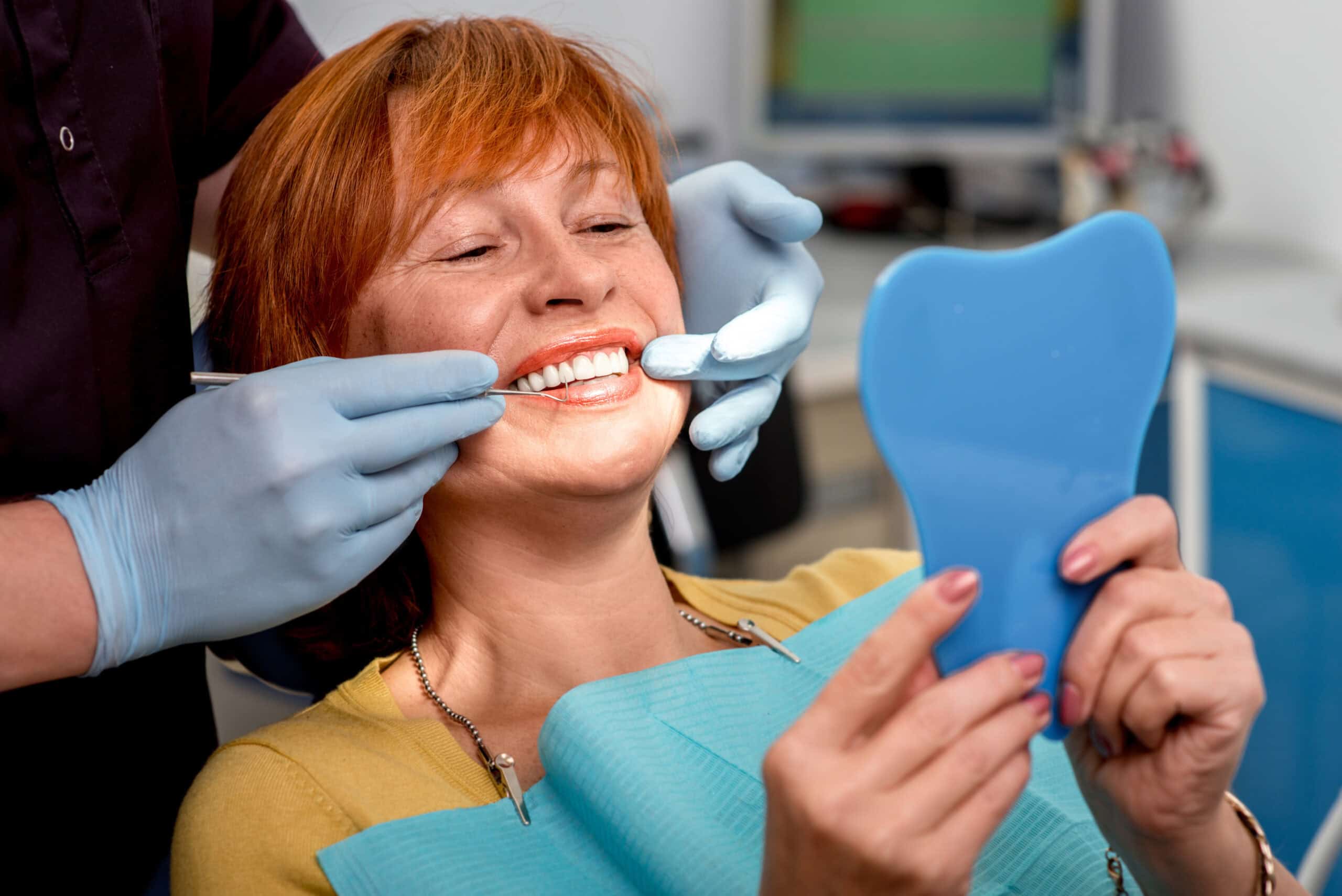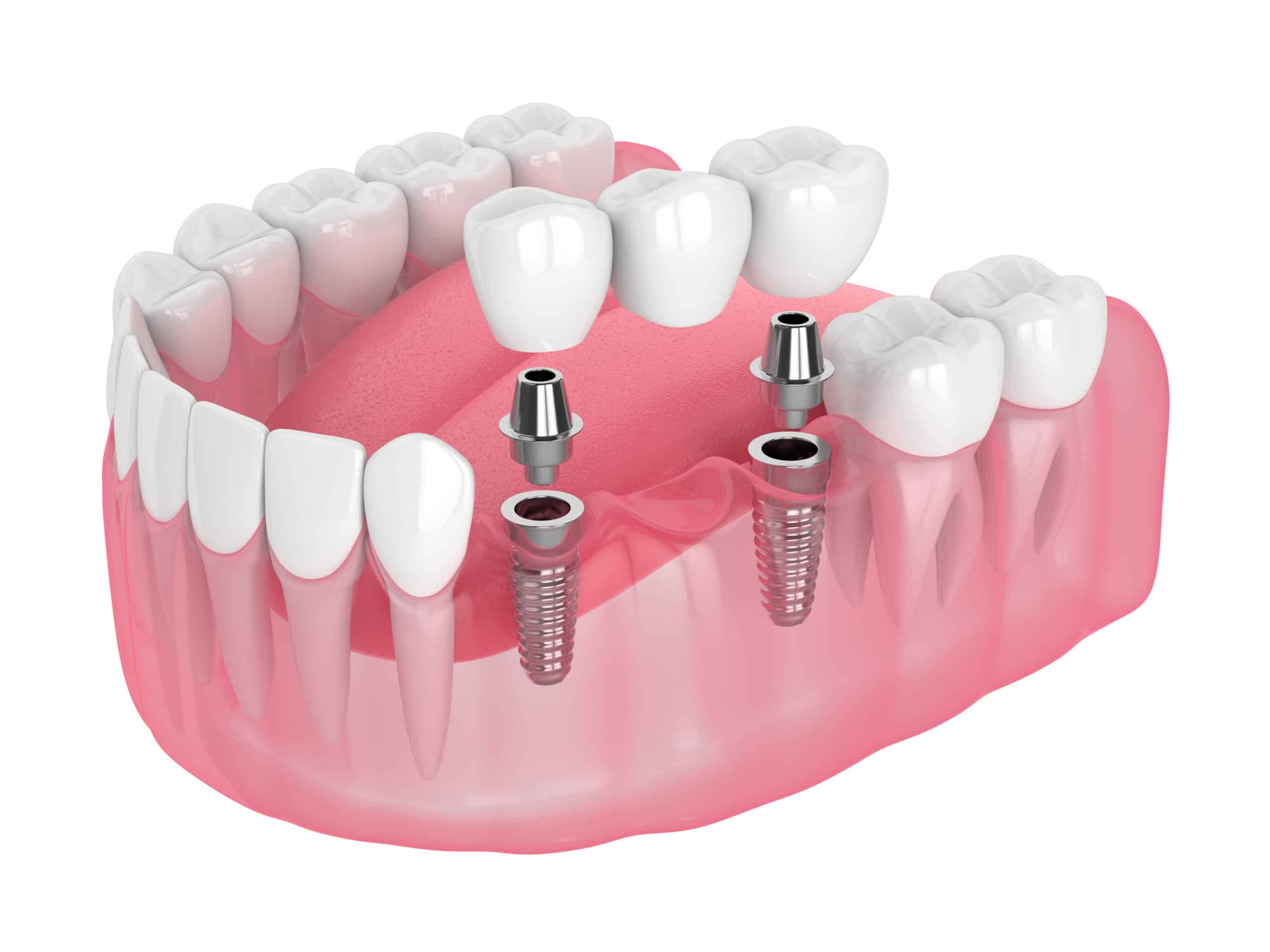Understanding Severe Tooth Damage
Severe Tooth Damage
Severe tooth damage can compromise your oral health, making everyday tasks like eating and speaking difficult. Learn about the common causes, potential complications, and steps you can take to address and restore damaged teeth effectively.
Severe tooth damage can lead to significant challenges, from compromised functionality to aesthetic concerns. Whether caused by trauma, decay, or other factors, damaged teeth require timely attention to prevent further complications. This page explores the causes, consequences, and available options for managing severe tooth damage.
Common Causes of Severe Tooth Damage
Several factors can lead to serious damage to your teeth, including:
- Trauma or Injury: Accidents or sports injuries can result in cracked, chipped, or broken teeth.
- Advanced Decay: Untreated cavities can weaken the tooth structure, causing it to break down.
- Wear and Tear: Excessive grinding or clenching (bruxism) can erode enamel and compromise the integrity of your teeth.
- Old Restorations: Aging crowns, fillings, or other dental work may fail and lead to further damage.
Consequences of Severe Tooth Damage
Leaving severe tooth damage untreated can result in:
- Increased Sensitivity: Exposed nerves from cracks or chips can cause sharp pain.
- Risk of Infection: Damaged teeth are more vulnerable to bacteria, potentially leading to abscesses.
- Loss of Function: Damaged teeth may make it difficult to chew or speak properly.
- Aesthetic Concerns: Visible damage can affect the appearance of your smile and lower self-esteem.
Options for Addressing Severe Tooth Damage
Effective treatment options depend on the extent of the damage and may include:
- Bonding or Fillings: For minor cracks or chips, bonding can restore the tooth’s appearance and function.
- Crowns: A crown can cover and protect a severely damaged tooth, restoring its strength and shape.
- Root Canal Therapy: For teeth with deep damage or infection, root canal treatment can save the tooth.
- Extractions and Replacements: In cases where damage is irreparable, the tooth may need to be removed and replaced.
Preventing Future Damage
Taking steps to protect your teeth can help avoid severe damage in the future. Consider:
- Wearing a mouthguard during sports or while sleeping if you grind your teeth.
- Maintaining a regular oral hygiene routine to prevent decay.
- Scheduling regular dental check-ups to catch and address issues early.
Take Control of Your Oral Health
Severe tooth damage doesn’t have to define your smile. By seeking timely treatment and following a proactive approach to oral care, you can restore the function and aesthetics of your teeth. Reach out to a dental professional today to explore your options and take the first step toward a healthier, more confident smile.
Treatments for Severe Tooth Damage
Discover effective treatments for Severe Tooth Damage, designed to address the root causes and restore confidence, comfort, and functionality to your daily life.



